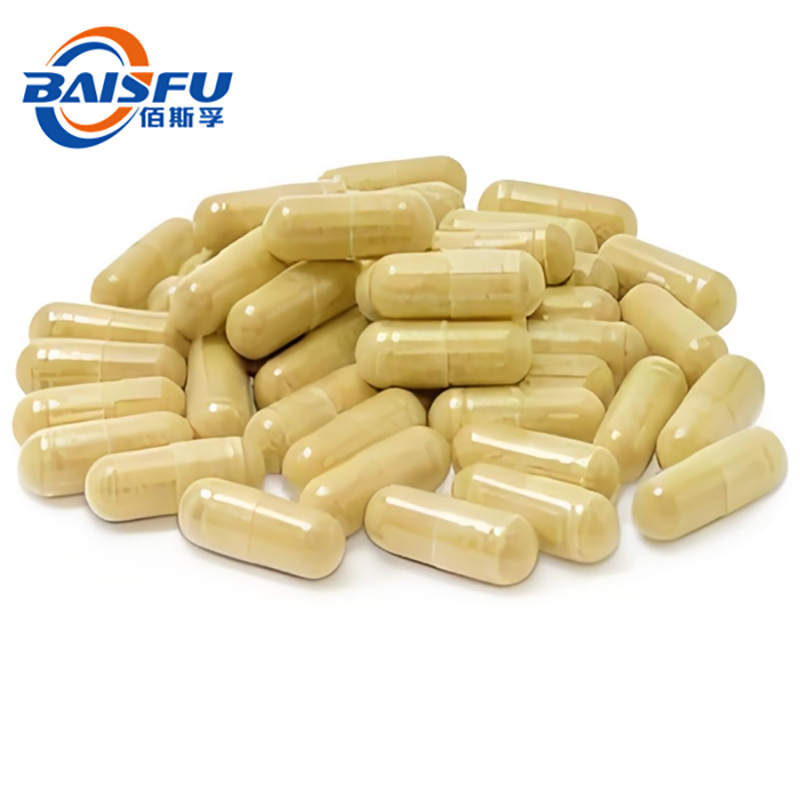Health Supplements: Definition, Classification, Efficacy, and Precautions for Proper Use

In recent years, with the accelerated pace of life and increased work pressure, people have been paying growing attention to health. In the pursuit of health, food therapy for wellness has become a popular trend. As a key component of this practice, health supplements have gradually entered people’s daily lives.
As the name suggests, health supplements are foods with health-promoting effects. They are neither ordinary foods nor pharmaceuticals. Their primary functions are to regulate human bodily functions, supplement essential nutrients, enhance immunity, and prevent diseases—ultimately achieving the goal of health maintenance and wellness.
According to relevant regulations in China, health supplements can be categorized into four major types, each with distinct purposes:
Nutritional Supplements: Mainly supplement nutrients such as vitamins and minerals required by the human body.
Functional Foods: Possess specific health-enhancing functions, such as boosting immunity and combating fatigue.
Health-Care Medicines: Used for auxiliary treatment of specific diseases.
Special Health Foods: Designed for specific populations, such as pregnant women and the elderly.
While health supplements cannot treat diseases, they play a vital role in health maintenance. When consumed correctly, they offer the following benefits:
Nutrient Supplementation: They replenish essential nutrients (e.g., vitamins, minerals) to maintain the normal physiological functions of the body.
Bodily Function Regulation: They help regulate bodily functions, strengthen immunity and resistance, and prevent diseases.
Sleep Improvement: Certain ingredients in health supplements (e.g., melatonin, gamma-aminobutyric acid/GABA) can help enhance sleep quality.
Fatigue Relief: Ingredients like ginseng and epimedium can improve physical endurance and alleviate fatigue.
Blood Lipid and Blood Glucose Reduction: Components such as fish oil and bitter melon may lower blood lipid and blood glucose levels, helping to prevent cardiovascular diseases.
Antioxidation: Substances like grape seed extract and selenium can scavenge free radicals and slow down the aging process.
Despite their benefits, health supplements are not suitable for everyone, nor is "the more, the better." To consume them correctly, the following points should be noted:
Choose Regular Products: Purchase products made by formal manufacturers and certified by the state to ensure quality.
Understand Personal Needs: Assess your physical condition and select supplements that match your specific needs.
Follow Instructions: Take supplements according to the recommended dosage and method stated on the product label; do not increase the dosage without authorization.
Consult Professionals: Before taking any health supplement, it is advisable to consult professionals such as nutritionists or doctors.
Maintain Healthy Habits: Health supplements cannot replace healthy lifestyles. The true path to wellness lies in maintaining a balanced diet, moderate exercise, and sufficient sleep.
Be Aware of Drug Interactions: Some health supplements may interact with other medications. Consult a doctor before use if you are taking any prescription drugs.
Post time:2025-09-16






